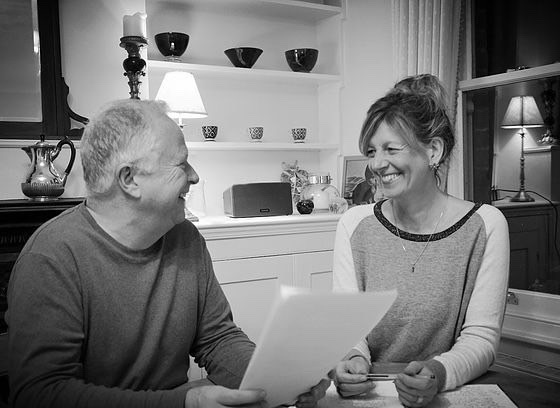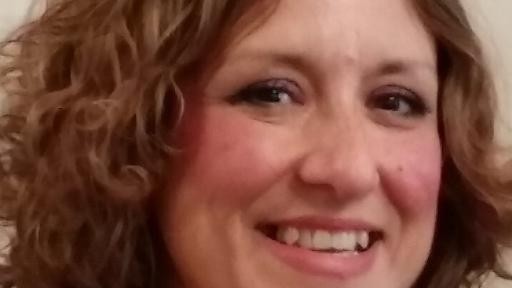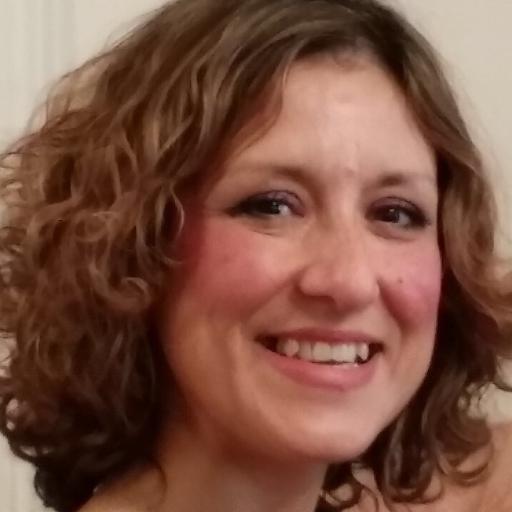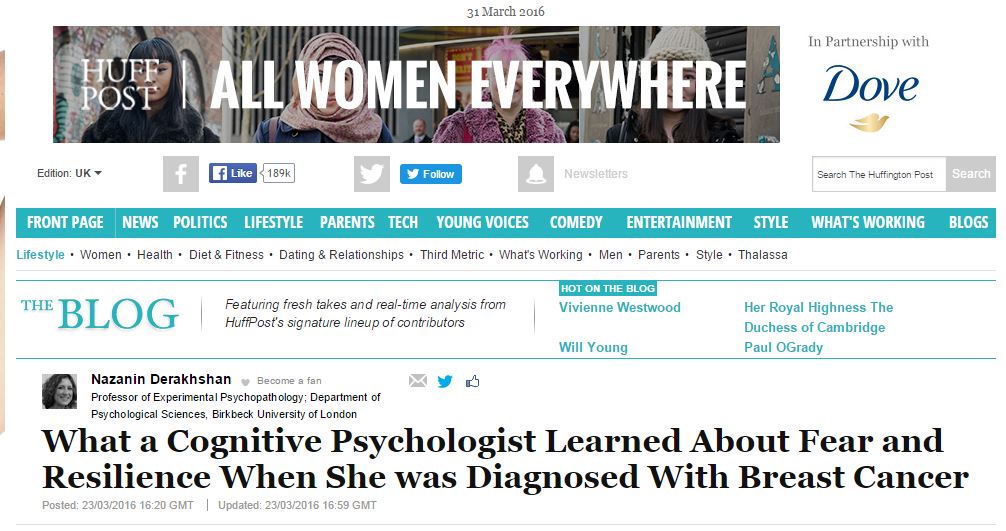When Alison Hitchcock decided to write a letter to a friend after he was diagnosed with cancer, she had no idea it would lead to a new venture and an MA in Creative Writing at Birkbeck. She writes about how these letters changed her life.  Back in 2010, I would never have predicted that when my friend, Brian Greenley, was diagnosed with bowel cancer, the letters that I offered to write to him would change both our lives.
Back in 2010, I would never have predicted that when my friend, Brian Greenley, was diagnosed with bowel cancer, the letters that I offered to write to him would change both our lives.
In 2009 Brian and I had met on a yoga holiday in India. We got on well, both equally inflexible and neither of us able to do a headstand, but we had little else in common. I was a City career-girl, and Brian had recently taken voluntary redundancy and was thinking of setting up his own gardening business. We met up a couple of times back in the UK, but neither of us would have described ourselves as anything other than acquaintances. When Brian shared that he had been diagnosed with cancer, perhaps because I didn’t know what to say, I offered to write letters to cheer him up. Looking back, I’m not sure what possessed me – I was no writer. But a promise was a promise!
The letters began and over the next two years, as Brian’s cancer developed to stage four, I kept on writing. I surprised myself, finding that I cherished the time I sat alone and wrote. It felt good to be doing something for someone else and it removed the feeling of helplessness that friends so often feel when a loved one becomes ill.
My enthusiasm for writing was bolstered by Brian’s response to receiving the letters. He once said: ‘Knowing that someone is caring enough to write, buy a stamp and put the letter in the postbox means so much. Your letters help me to feel reconnected with the real world.’
Enthused by my newly discovered passion for writing, I attended an Arvon Starting To Write course and began to understand what it means to want to write. From then on, as for so many who attend Arvon, everything changed. I wanted to write more and learn more. My letters continued but Arvon had given me an appetite for writing and letters were no longer enough, so I applied to Birkbeck’s Creative Writing MA. The MA not only confirmed my love of the writing process, it gave me confidence to explore different styles. By the time the course ended, I had had short stories published, written a novel and become involved with wonderful literary organisations such as Word Factory.
At the end of 2016, Brian and I were recorded for Radio 4’s The Listening Project. Such was the response to our story, we set up From Me to You, a charity which inspires people to write letters to friends with cancer; keeping them connected at a time when they feel most disconnected. At From Me to You we run letter writing workshops, speak at events and our website hosts writing tips on what to say and how to say it, and shares many inspirational stories from those who have received and sent letters. Recently we have expanded the initiative so that people can write letters to cancer patients they have never met. The communications range from postcards and notes that say something as simple as ‘keep strong’ to longer letters recounting tales of everyday life. These letters are acts of pure kindness. There is no obligation on the recipient to write back.
Brian never responded to any one of my 100 letters and I never expected him to. The letters had given me the gift of writing and a whole new life. That alone was, and still is, more than enough.
Contact details for From Me to You:
- Website: www.frommetoyouletters.co.uk
- Twitter: @frommetoyou01
- Facebook: FromMeToYouLetters
- Instagram: FromMeToYouLetters




